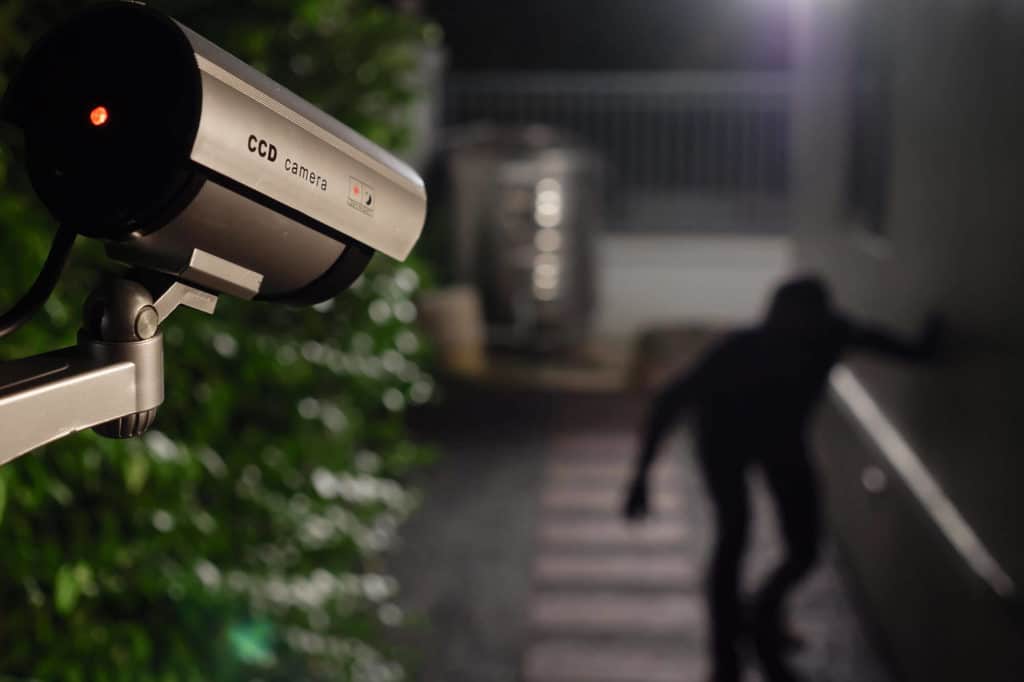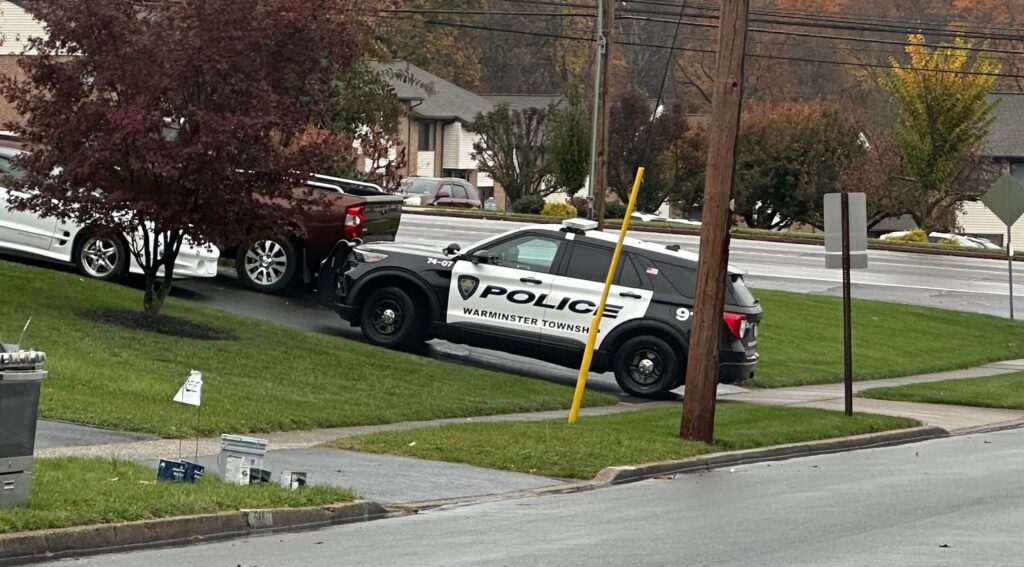Burglary is one of the most severe crimes in Pennsylvania. A burglary conviction often results in lengthy prison time, significant fines and court costs, and lifelong adverse effects on one’s personal and professional life. Prosecutors will seek the maximum penalties for those charged with burglary, especially in cases in which violence is involved in any form. In such a challenging situation, having an aggressive PA burglary defense lawyer on your side is crucial.
Bucks County Burglary Defense Lawyer
Many burglary lawyers have little to no experience defending burglary crime cases. Do you have a burglary case. If so, I have over a decade of experience getting burglary charges dropped in Bucks County, Montgomery County, and the surrounding Pennsylvania Counties.
Contact me at (215) 752-5282 for a free initial consultation, or fill out the confidential contact form for an immediate response. Appointments are available after business hours and on weekends.
PA Burglary Law
Under the PA burglary statute, a person can be charged with burglary if, with the intent to commit a crime, they:
- Enter a building or occupied structure that is adapted for overnight accommodations in which, at the time of the offense, any person is present, and the person commits, attempts, or threatens to commit a bodily injury crime; or
- They enter a building or occupied structure that is adapted for overnight accommodations in which, at the time of the entry, any person is present; or
- Enter a building or occupied structure that is adapted for overnight accommodations in which, at the time of the offense, no person is present; or
- Enter a building or occupied structure that is not adapted for overnight accommodations in which, at the time of the offense, any person is present; or
- Enter a building or occupied structure that is not adapted for overnight accommodations in which, at the time of the crime, no person is present
Is Burglary a Specific Intent Crime
Yes. In Pennsylvania, burglary is a crime requiring a specific intent. This distinct intent requirement means that the prosecutor must prove that the accused illegally entered a building or occupied structure with the simultaneous intent to commit a crime.
A prosecutor must prove both elements beyond a reasonable doubt to obtain a conviction at trial.
Examples of crimes intended to be committed in a building or occupied structure include theft, assault, arson, vandalism, and robbery. Also, the intended crime does not have to be completed to satisfy the specific intent element of the burglary statute.
What is the Entry Requirement for a Burglary Crime?
The burglary statute is straightforward in that it does not require that the actor break into or otherwise cause damage to the building or occupied structure upon entry. The mere act of entering a building or occupied structure is all that is needed to satisfy the entry requirement under the statute.
Also, the entry requirement of the burglary statute can be satisfied if any part of the body breaches the premises.
A prosecutor can only obtain a conviction for burglary with sufficient evidence that the accused entered the building or occupied structure. Therefore, I can determine if the facts of your case are enough to satisfy the entry element of the burglary statute.
Burglary vs Home Invasion
Understanding home invasion vs burglary is relatively simple. Home invasion burglaries refer to burglaries committed with extreme violence and occur with the property owner or resident present. In contrast, burglary occurs when someone breaks into an unoccupied residential home or commercial building to commit a crime.
Have the police charged you with a home invasion residential burglary. If convicted, you could be facing years in a Pennsylvania state prison. This is a serious matter, but I know how to beat a home invasion charge. Contact me at (215) 752-5282 for a free consultation.
Penalties for a Burglary Conviction
The sentencing guidelines for burglary vary depending on an individual’s prior criminal record, the type of building or structure entered, and whether a property owner or resident was in the building or structure at the time of the offense.
Additionally, a conviction for burglary of a home or residence when the homeowner or resident is present is considered a “strike offense” under Pennsylvania’s “3 strikes law.”
Individuals convicted of a 2nd strike offense are subject to a mandatory minimum term of 10 years in prison. Furthermore, persons convicted of a 3rd strike offense are subject to a mandatory minimum of 25 years in prison or a life sentence.
Grading of Burglary Crimes
The grading of a burglary charge is based on the type of building burglarized. Also, the grading will increase if a person is inside the structure at the time of the crime.
The police will grade the burglary of a residential home as a 1st-degree felony. In contrast, the police will classify the burglary of a commercial building, such as a retail store, as a 2nd-degree felony.
Burglary is also graded as a 1st-degree felony if the actor’s intent upon entering the building was to commit a theft of controlled substances or designer drugs.
- 1st-degree felony
- Up to 20 years in state prison
- Up to $25,000 in fines
- 2nd-degree felony
- Up to 10 years in state prison
- Up to $25,000 in fines
Defending a Burglary Case in Pennsylvania
Developing a successful defense against burglary charges requires a comprehensive and focused strategy. First, I will thoroughly investigate the facts and circumstances in your case to identify the weaknesses in the prosecutor’s evidence.
It may be necessary to use an independent defense investigator to interview witnesses and secure other evidence favorable to the defense. Also, as an experienced burglary lawyer, I will analyze whether the police stopped, searched, or seized your person or property in violation of the United States Constitution or the Pennsylvania Constitution.
Pre-Trial Motions in a Burglary Case
I will also analyze the evidence in your case to determine if the police violated your constitutional right to remain silent or right to counsel during any police interview or interrogation.
Finally, through filing a Motion to Suppress Evidence, I can challenge the prosecutor’s right to introduce any evidence acquired by the police as a result of a violation of your federal and state constitutional rights.
The prosecutor will often decide to withdraw the charges if the Motion to Suppress Evidence is granted by the trial judge. I can review the evidence in your case to determine if the police or prosecutors violated your constitutional rights during the investigation and prosecution of the burglary offense.
How to Beat a Burglary Charge
There are many defenses to burglary, including:
- Proving you lacked the intent to commit a crime upon entry into the building
- Establishing that the building or structure was abandoned (complete defense against burglary)
- Demonstrating that the building or structure was open to the public
- Proving that you had permission to enter the building or structure
- Showing that you were merely present at the scene of the burglary
- Alibi (proving that you were at a different location at the time of the crime)
- Proving that witnesses have mistakenly identified you
Burglary Defense Attorney
Suppose you have been charged with a burglary in Bucks County, Montgomery County, Chester County, Delaware County, Philadelphia County, or the surrounding Pennsylvania collar counties. Are searching for a burglary attorney who can help you beat the charge or get a favorable plea bargain.
In that case, you should contact me to discuss the most effective burglary defense for your case.
Phone lines are open 24 hours a day at (215) 752-5282. Call today for a free initial consultation, or fill out the confidential contact form for an immediate response.






